Working in this sector often feels like an exhausting and relentless uphill battle. As a small team, we often discuss how the stories we hear from our clients – stories of heartbreak and pain, torture and suffering, fear and uncertainty – should be the hardest aspects of our jobs.
In reality, our biggest challenge is often our government’s continuous insensitivity coupled with their illogical and illegal efforts to manage migration which seeks to reduce real human experiences to nothing but a political game of point scoring and ill-thought-out policies that are, quite simply, aimed at satisfying an anti-immigration rhetoric that has pervaded this country for far too long.
Yet again, we find our Prime Minister’s latest announcement compounding these concerns, issuing new policies aimed at tackling “illegal immigration”. It goes without saying that this language alone, continuously used by our parliamentarians and press, is hugely problematic and misleading.
We welcome some of Rishi Sunak’s proposals; creating more safe and legal routes and enhancing the capacity of Home Office caseworkers to clear the backlog of asylum decisions. These solutions are long overdue and desperately needed. However, until clarification is provided on how these issues will be achieved in a practical, effective and sustainable way, they remain hollow words.
And on a morning where we wake up to news of more tragic fatalities in the channel, these safe and legal routes are needed more than ever. We’ve demonstrated the possibilities through ARAP, Homes for Ukraine and BNO visas, and now we urgently need to see viable routes for all those seeking sanctuary on our shores.
Other solutions proposed by our Prime Minister yesterday serve to raise more concerns; relocating asylum seekers from hotels to disused military bases and student accommodation will not solve the pervasive issues of forced dependency or human rights abuses. Clients of ours have commented on how they have been refused access to meals, have been stuck in windowless rooms and have been denied access to vital health services or medication. These are not issues that occurred because of hotels, these are issues that occurred due to a culture of ill-treatment and negligence, which urgently need to be rooted out.
Likewise, attempting to stop channel crossings with a coalition of civilian and military enforcements will not stop people making the journey to the UK; whilst homes are being bombed and children are facing starvation, conscription or forced marriage, and whilst neighbouring “safe” countries turn their backs and offer nothing but unsanitary refugee camps, the UK will remain a safe haven. This is something we should be proud of, something we should actively foster, but can only be done if we offer solutions that focus on integration and independence.
In the 7 years that we have run RefuAid, we are yet to meet a single person who has sought asylum in the UK who does not want to continue their education or profession, support themselves autonomously, provide for their families or actively contribute to society. This is a reality that sits in such stark contrast to so much of the current rhetoric.
We’d love to see this as an opportunity to reform an inadequate system and to provide a humane response to a global issue that is only going to continue getting worse. Hope will always remain our driving force; hope for a just system, hope for long-term solutions, and hope that those who are forcibly displaced can be treated with compassion and fairness. But with a government who are incapable of comprehending the scale of the issue or how to tackle it - as demonstrated so brazenly by Suella Braverman in recent weeks - fear, anger and uncertainty are undoubtedly our prevailing sentiments about the current and proposed state of our asylum system in the UK.
—————————
Img: ALEX SMUTKO

